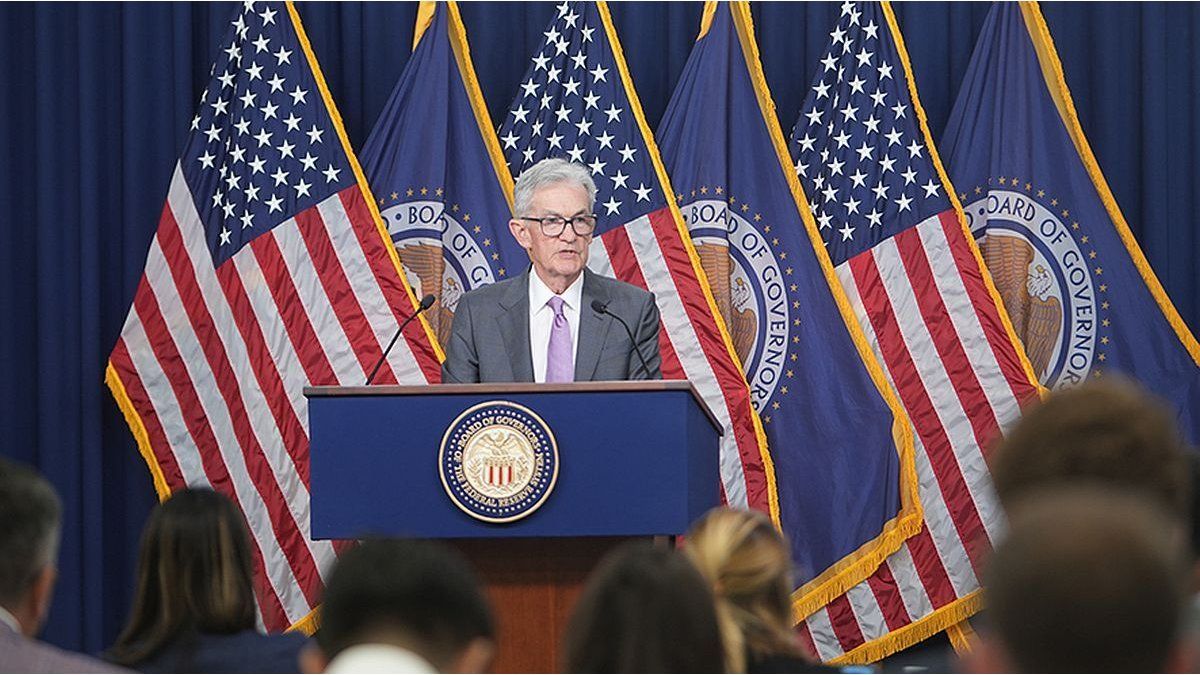According to the specialist, “what can generate additional financial volatility are the unorthodox ways that the government is using to control inflation (moral suasion on producers and retailers)”. He also mentions as factors of volatility “the apparent internal struggles within the government with the vice president (Cristina Fernández) Kirchner increasingly distant and critical of the Alberto Fernández administration. That could weaken governance in the future.”
For his part, Jorge Piedrahita, economic analyst and CEO of Gear Capital Partners, said in a dialogue with Bloomberg that despite the approval of the IMF board of directors for the loan from Argentina, “The Treasury Department (of the United States) is very critical of this transaction.”
In that sense, he affirmed that “the approval will give a feeling of relief because Argentina does not fall on the precipice of a major financial crisis in the short term.” Still, the analyst points out that “With the continued rarefaction of the political context, the specter and uncertainty of a crisis will continue to exist and any rise in assets will be very limited.”
Finally, Nikhil Sanghani, economist for Latin America at Capital Economics, is skeptical of the impact it may have on the Argentine economy in the short term, and argued: “There has already been a silent reaction from investors to its approval in the Senate. last week (which was the main political obstacle), so final confirmation of the deal is unlikely to boost confidence in the country’s economic prospects”.
What does the agreement with the IMF mean?
In the economic program that will be valid for two and a half years, the Government promised to meet a series of macroeconomic goals that will be required by the IMF as a condition to enable quarterly disbursements, which will serve the Argentine State to comply with the expiration schedule with the agency.
Together with the agreement, which received 100% approval from the IMF board, the agency approved the disbursement of US$9,650 million immediately and gave the country the possibility of making the payment of the next two maturities without falling into default.
The program, which is the twenty-second for Argentina since it joined the IMF in 1956, replaces a failed one for US$57 billion in 2018, which was the largest in the organization’s history, assumed by the Macri administration.
Broadly speaking, during 2022 the government of Alberto Fernández must show, according to the new economic program, a primary deficit of, at most, 2.5% of the Gross Domestic Product, a monetization of the fiscal red equivalent to 1% of the GDP and a net addition of foreign currency in the coffers of the Central Bank of US$5.8 billion.
The agreement with the IMF establishes that there will be 10 disbursements and quarterly reviews. The first, for US$9.8 billion, “will allow for a one-quarter cushion against the next maturities that gives air to the dynamics of revisions every three months”, where Argentina must meet the planned fiscal goals.
Source: Ambito
David William is a talented author who has made a name for himself in the world of writing. He is a professional author who writes on a wide range of topics, from general interest to opinion news. David is currently working as a writer at 24 hours worlds where he brings his unique perspective and in-depth research to his articles, making them both informative and engaging.




